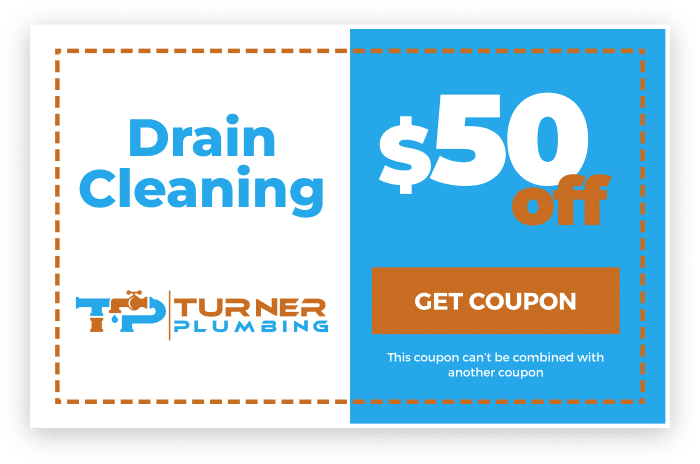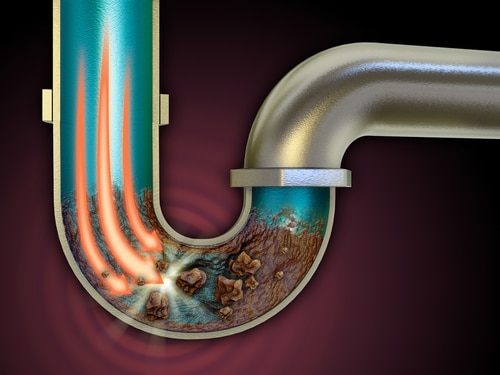Welcome to our Plumbing FAQ page! We have compiled a list of commonly asked questions and answers to assist you in resolving your plumbing concerns. Whether you’re looking for information about our services, troubleshooting tips, or general plumbing inquiries, you’ll find it all here. Simply browse through the categories below or use the search bar to find specific topics. If you can’t find the answer you’re looking for, feel free to reach out to our friendly team via our contact form or live chat. We’re here to help you with all your plumbing needs!
What are the common signs of a water leak?
Common signs of a water leak include unusually high water bills, water stains or discoloration on walls or ceilings, damp or musty odors, mold or mildew growth, and the sound of running water when no fixtures are in use.
How can I prevent my pipes from freezing in cold weather?
To prevent pipes from freezing, you can take the following measures:
- Insulate exposed pipes in unheated areas, such as attics, basements, and crawl spaces.
- Keep cabinet doors open to allow warm air circulation around plumbing under sinks.
- Drip faucets slightly to keep water moving in the pipes.
- Maintain a consistent temperature inside your home, even when you are away.
What should I do if my toilet is constantly running?
If your toilet is constantly running, it may indicate a problem with the flapper valve or the fill valve. You can try adjusting the chain or float to ensure proper function. If the issue persists, it’s best to contact a professional plumber to diagnose and repair the problem.
How often should I have my water heater serviced?
It is recommended to have your water heater serviced annually to ensure its optimal performance and to extend its lifespan. Regular maintenance can help identify potential issues, clean sediment buildup, and ensure efficient operation.
What is the lifespan of a typical water heater?
The lifespan of a water heater can vary depending on factors such as the type of water heater, water quality, usage patterns, and maintenance. On average, a traditional tank-type water heater can last around 8 to 12 years, while tankless water heaters can last up to 20 years or more.
How can I unclog a drain without using harsh chemicals?
There are several methods you can try to unclog a drain without using harsh chemicals:
- Use a plunger to create suction and dislodge the clog.
- Try a mixture of baking soda and vinegar followed by hot water to break down the clog.
- Use a drain snake or auger to physically remove the blockage.
- If these methods don’t work, it’s advisable to contact a professional plumber to avoid causing further damage.
Can I install a new faucet myself?
While some faucet installations may be straightforward, it is generally recommended to have a professional plumber handle the installation. They have the necessary expertise to ensure proper connections, prevent leaks, and handle any unforeseen complications that may arise.
How can I prevent my garbage disposal from getting clogged?
To prevent garbage disposal clogs, it’s essential to:
- Avoid putting hard items like bones or fruit pits into the disposal.
- Cut larger food scraps into smaller pieces before disposing of them.
- Run cold water before, during, and after using the disposal.
- Avoid pouring fats, oils, and grease down the disposal, as they can solidify and cause clogs.






